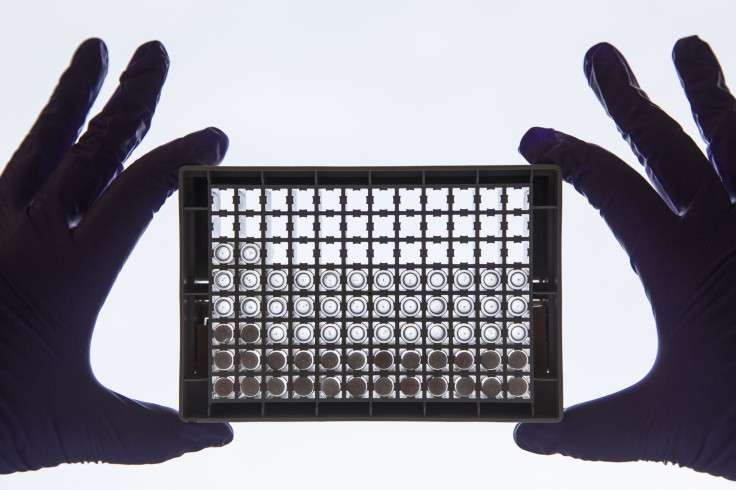Cancer And Autism Share 43 Risk Genes, Suggesting Their Treatments Could Overlap

Autism and cancer, two conditions that are becoming increasingly prevalent in the United States, currently have no known cure. But according to a new study, these two very different conditions share more than 40 risk genes with each other, suggesting their treatments may be one and the same.
"This striking coincidence of a remarkably large number of genes implicated in both autism spectrum disorder and cancers has not been previously highlighted in the scientific literature," said study author Jacqueline Crawley, MIND Institute distinguished professor and endowed chair, in a press release. "Potentially common biological mechanisms suggest that it may be possible to repurpose drug treatments for cancer as potential therapeutics for neurodevelopmental disorders."
The study, conducted by the UC Davis MIND Institute and Comprehensive Cancer Center, is published online in Trends in Genetics, a Cell Symposia publication. The paper cites 43 specific genes that are susceptible to what the report describes as “autisms” and cancers — two similar conditions that are best conceptualized “in the plural.” Meaning, like cancer, there are many different types of autism; both conditions encompass a wide range of causes, symptoms, and prognoses.
But how does cancer, a disease characterized by cell proliferation and tumor growth, relate to autism, a neurodevelopmental disorder? According to the study’s authors, the major difference between these two conditions is merely a result of timing. Both autism and cancer arise when the body makes errors during genome maintenance (DNA repair and replication). The age at which these errors occur, however, will predict which disorder arises.
"Errors associated with genome maintenance during fetal life may occur at critical time periods for [brain development], resulting in neurodevelopmental disorders, whereas errors more commonly occur during adult life in cell types susceptible to tumors," said Wolf-Dietrich Heyer, a professor and chair of the UC Davis Department of Microbiology and Molecular Genetics and one of the study’s co-authors.
Furthermore, the report states that additional genes involved in epigenetic function — those that are activated or deactivated by environmental factors — were also shared between autism and cancer. Study co-author Janine LaSalle, a professor of medical microbiology and immunology, noted that this underscores the importance of gene regulation in both diseases, and that the similarities between the two could mean cancer treatments may one day be used for autism as well.
"It may be possible to repurpose available cancer drugs with reasonable safety profiles as targeted treatments for ASD," the authors wrote. "Stratifying individuals with ASD who harbor a risk gene for autism that is also a risk gene for cancer may enable therapeutic development of personalized medicines based on the specific causal mutation."
The researchers also noted that among the 43 genes associated with both cancer and autism are genes for rarer syndromes, such as Rett syndrome and tuberous sclerosis. Patients who suffer from these syndromes experience a variety of physical and neurological symptoms, which include intellectual and communication deficits characterized as autism.
Source: Crawley JN, Heyer WD, LaSalle J. Autism and Cancer Share Risk Genes, Pathways, and Drug Targets. Trends in Genetics. 2016.



























